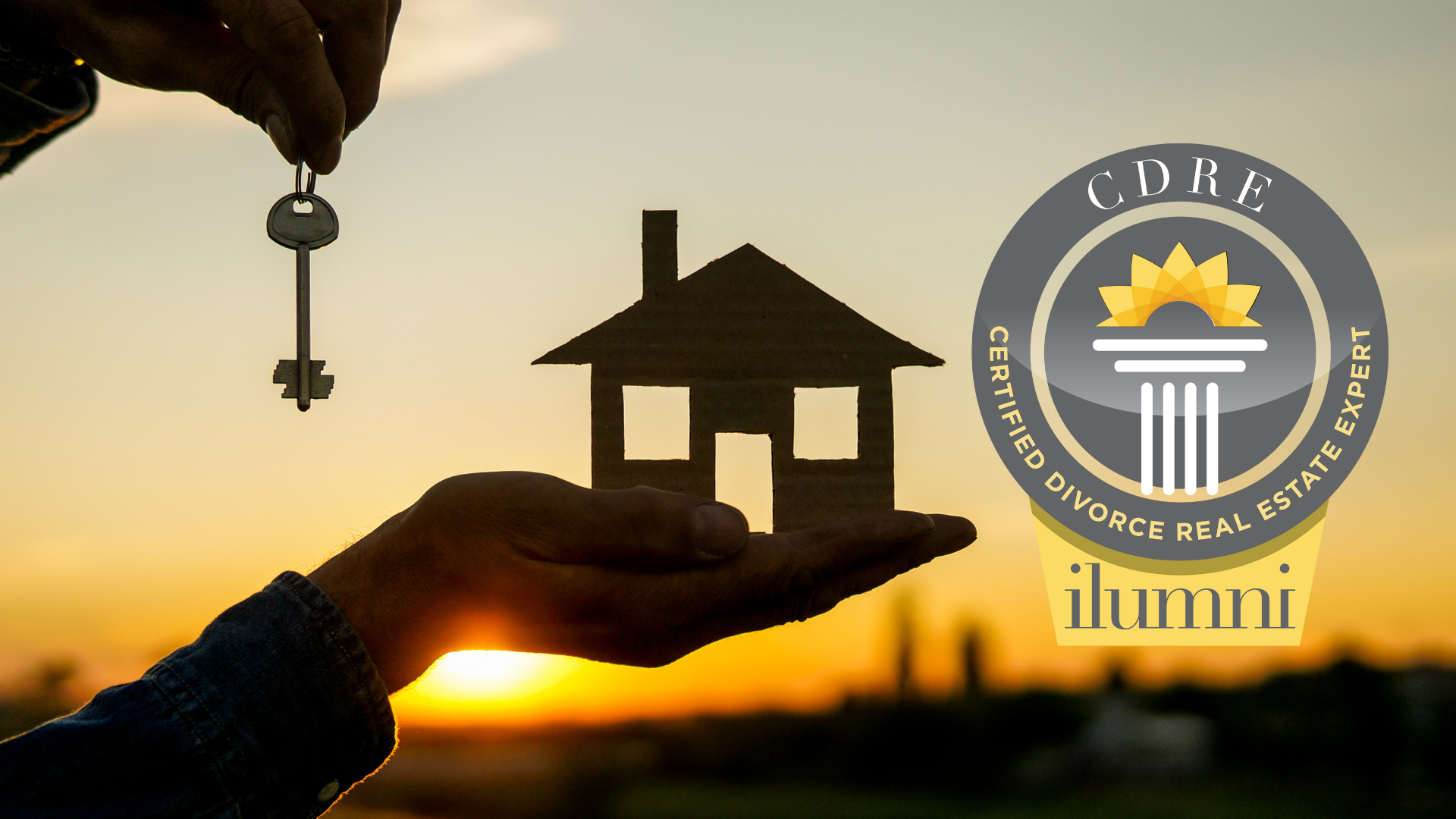As we settle into more of a normalized or stable residential home market in the Seattle/Bellevue area, our listing clients present an interesting mix of questions and concerns that we must address. I’ll outline a few of the questions below to provide you with a view into the mind of a seller in today’s market:
1. We’re doing a “move up” because our family is growing, but is now a good time to sell? – actually, for the same reasons moving up right now is good it is the same for anyone buying your home. Despite the national media frenzy over the “subprime” market, interest rates for those with good credit scores and documented income sources are still excellent and loans are available. These are the people you want buying your home anyway because they can “close the deal”. Plus, our prices in the area are still holding their value – they may not be growing by leaps and bounds as they had a few years ago but since these sellers have been in their homes throughout the boom period they are still going to reap the benefits when they sell. We’ve noticed within our own client base that there is still plenty of movement in the market between buyers and sellers and we have many relocation clients coming this way this summer. Between strong local economic factors and continued in-migration, we’ll continue to see a good local market for some time.
2. How should I go about pricing my home? – The biggest single change we’ve seen in housing prices is where a seller will start out with regard to listing price. It’s probably the toughest challenge we have in talking with a client as we’re about to go on market because everyone comes from a different point of view. What I typically discuss with clients is the “time vs. money” issue. There is no “perfect single selling price” for a home. Usually there is a range in which a house might reasonably sell and it will be impacted by how quickly you want to sell and what the motivation of the seller is in deciding where in the range to sit.
Example: a home might have a value range of $440,000 to $460,000. If a client doesn’t have an overwhelming push on the timing of the sale I will likely recommend anywhere from the middle of the range to the higher end ($450,000 – $460,000 in this example). If there is a compelling timing issue such as a relocation date then I might suggest the low to mid-range ($440,000 – $450,000).
I’ve found, oddly enough, that clients of mine that are from the mid-west tend to usually hold the view that they need to price on the higher side with the hope that they’ll get someone who will make a low bid and then they can negotiate. Personally, I don’t agree that this is the best tactic because while we are seeing some buyers come in with low offers, they have tended to be for homes that have been on market a long time or that aren’t in very good condition but that have good potential for sweat equity.
If you’ve got a home that is in good condition, a good location, and a desireable neighborhood, it’s my personal opinion that you should price it in the mid-range and be familiar with typical on-market times to set your personal expectations of how long it will take to sell. That timeline will vary from area to area so be sure to consult with your agent and get the data for your area so you can be prepared. Right now, on overage, we’ve seen homes go from the hey-day timelines of a few days to a few weeks to today’s more common a couple of weeks to a few months. Also, be sure there aren’t any outstanding structural or safety issues that might deflate your sales price during the inspection period. Staging appropriately can make a difference in how people/prospective buyers view your home and increase their ability to see themselves living in it versus the house down the street.
An example of a seller who isn’t properly “motivated” to sell is my old neighbor. He saw another neighbor sell their Phinney Ridge home last year for over $1M. Since he only lives in WA on a part time basis he decided to put his home on the market and permanently retire outside of the country. The house has been for sale, off and on, for many months and now close to year. He priced his house so far off the mark (just under $1.3M) that it will continue to sit till home prices eventually do appreciate to that level – which will be years. Thankfully for him, he’s owned the house since the early 70’s and it’s been paid for and then some. His agent, a long time friend of his, is stuck tending to the house and watering his lawn in the meantime and trying to market what he knows is an overpriced home. It will be very expensive for him to market this house for all that time, especially given what is typically expected of agents from their sellers for houses in this price range. The house should have been priced somewhere in the range of $900,000 to $1M, but you probably couldn’t convince the seller of it.
So, there you have it. If you can keep your expectations in check and remember that this is a business transaction rather than a beauty contest, you should be able to price your house right and find a willing and able buyer. But I will say in a final comment – Seattle/Bellevue, be happy of your current housing situation. The national average for home resales is that only 50% of the houses on the market will sell. We’ve been doing better than that so thank your lucky stars that you live in a great area where the economics, locale, and quality of life continue to provide us with a good market.
Just for fun, here’s a little comparison for you….
The first house is $795,000 for 2220 sqft built on Phinney Ridge in 2001 with views over Ballard and the Olympic Mountains and has a wrap around deck. The second house is a 2240 sqft fixer half a block off of Hwy 99, near Greenlake, for $775,000.




